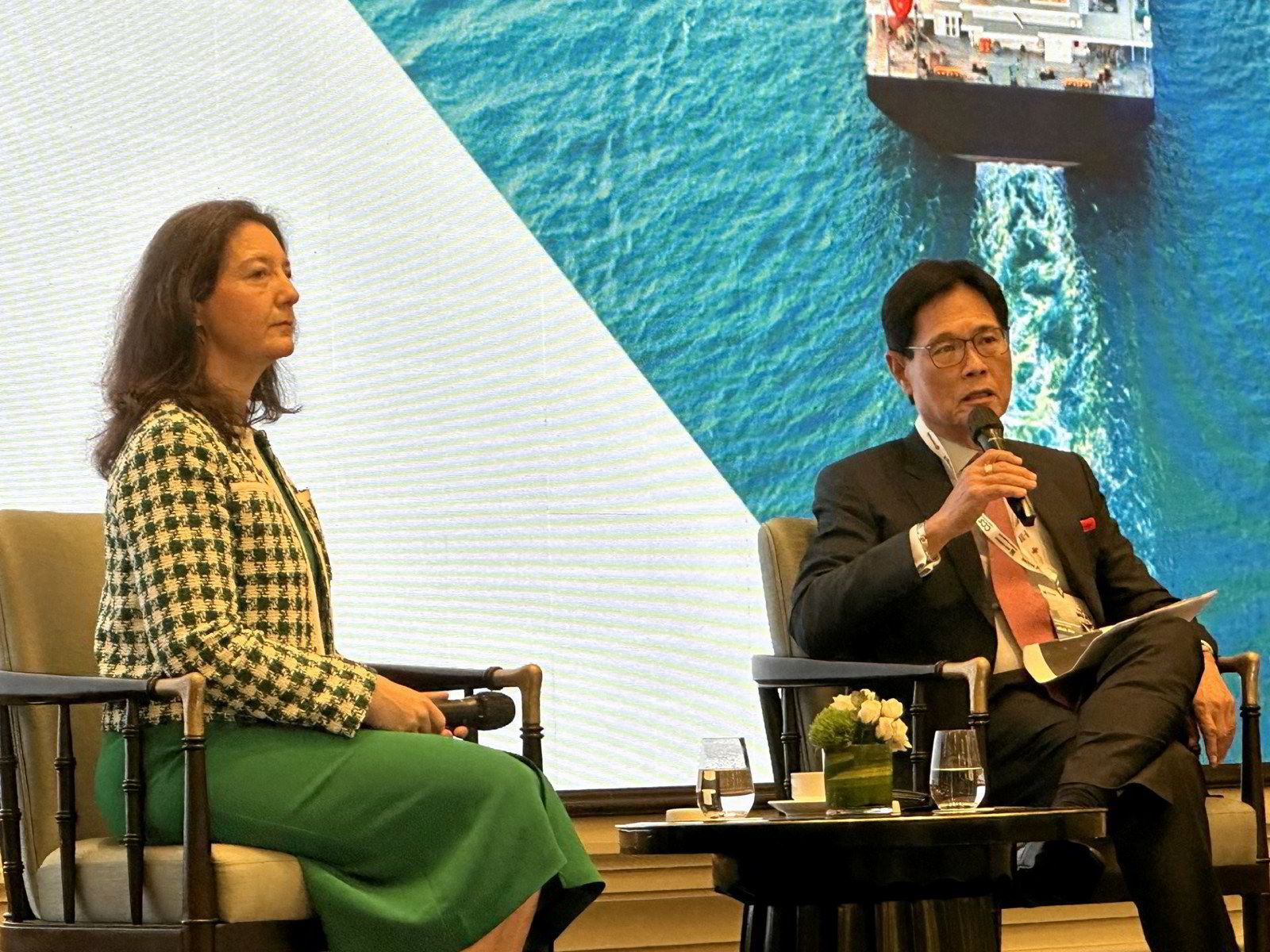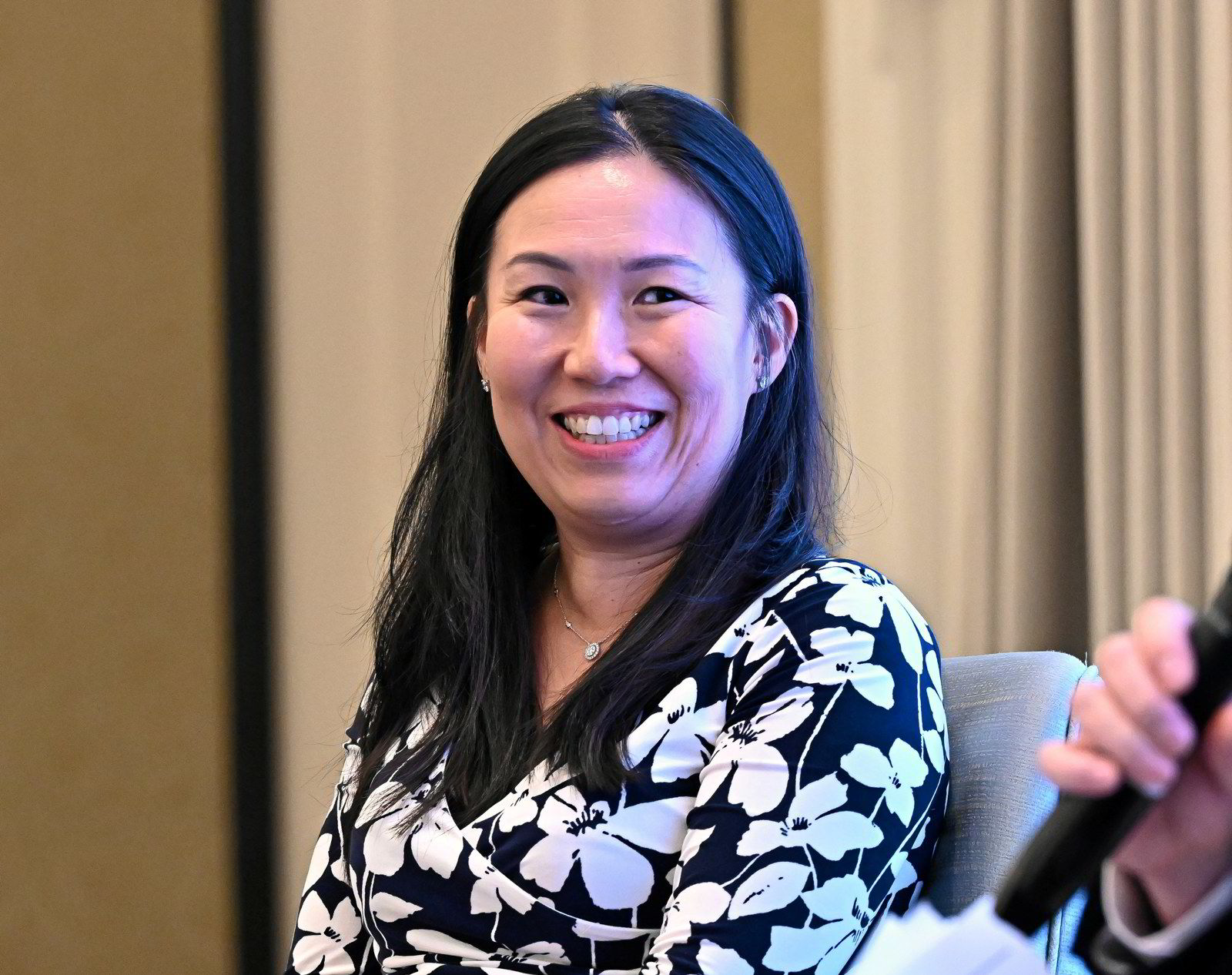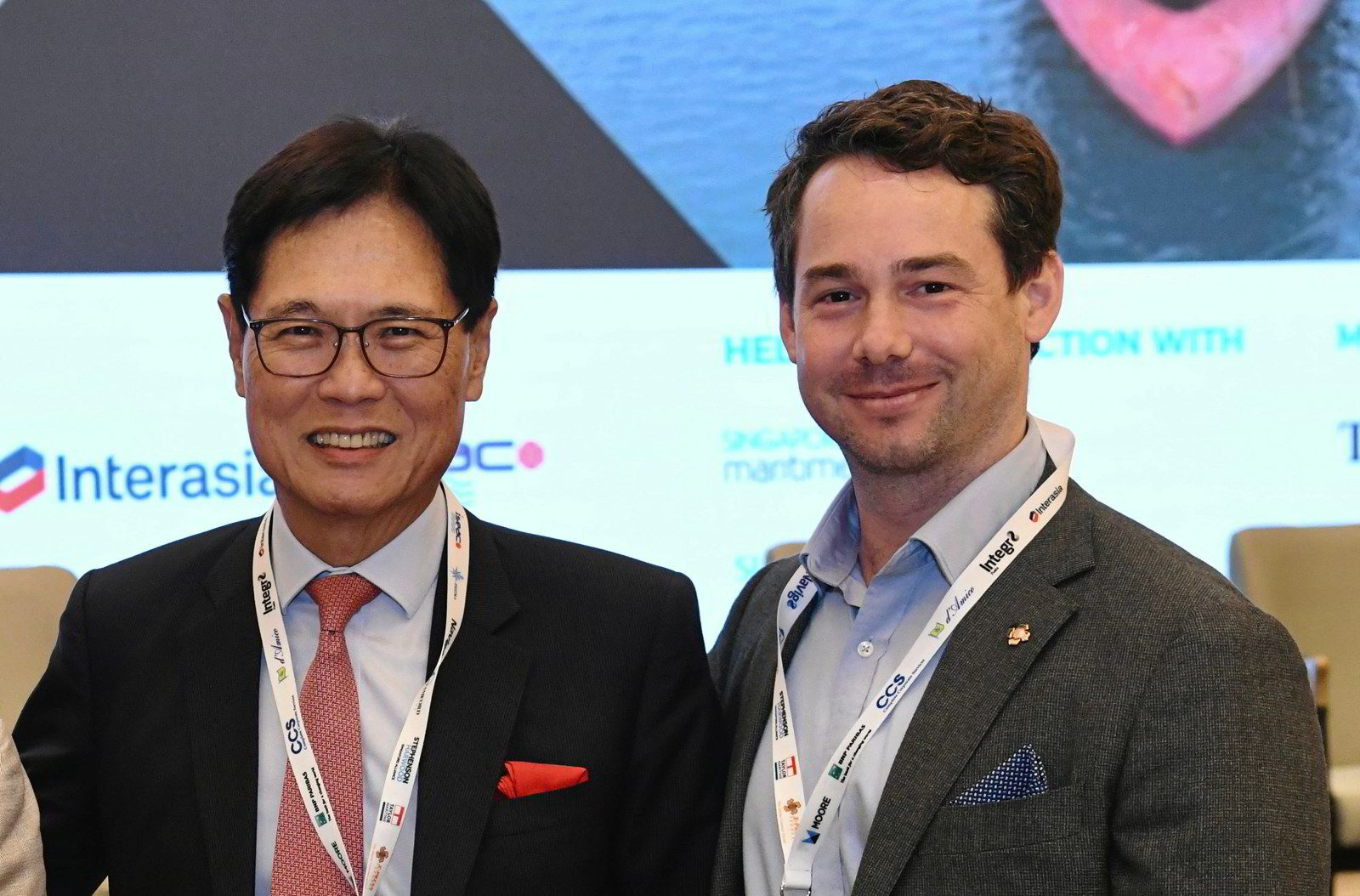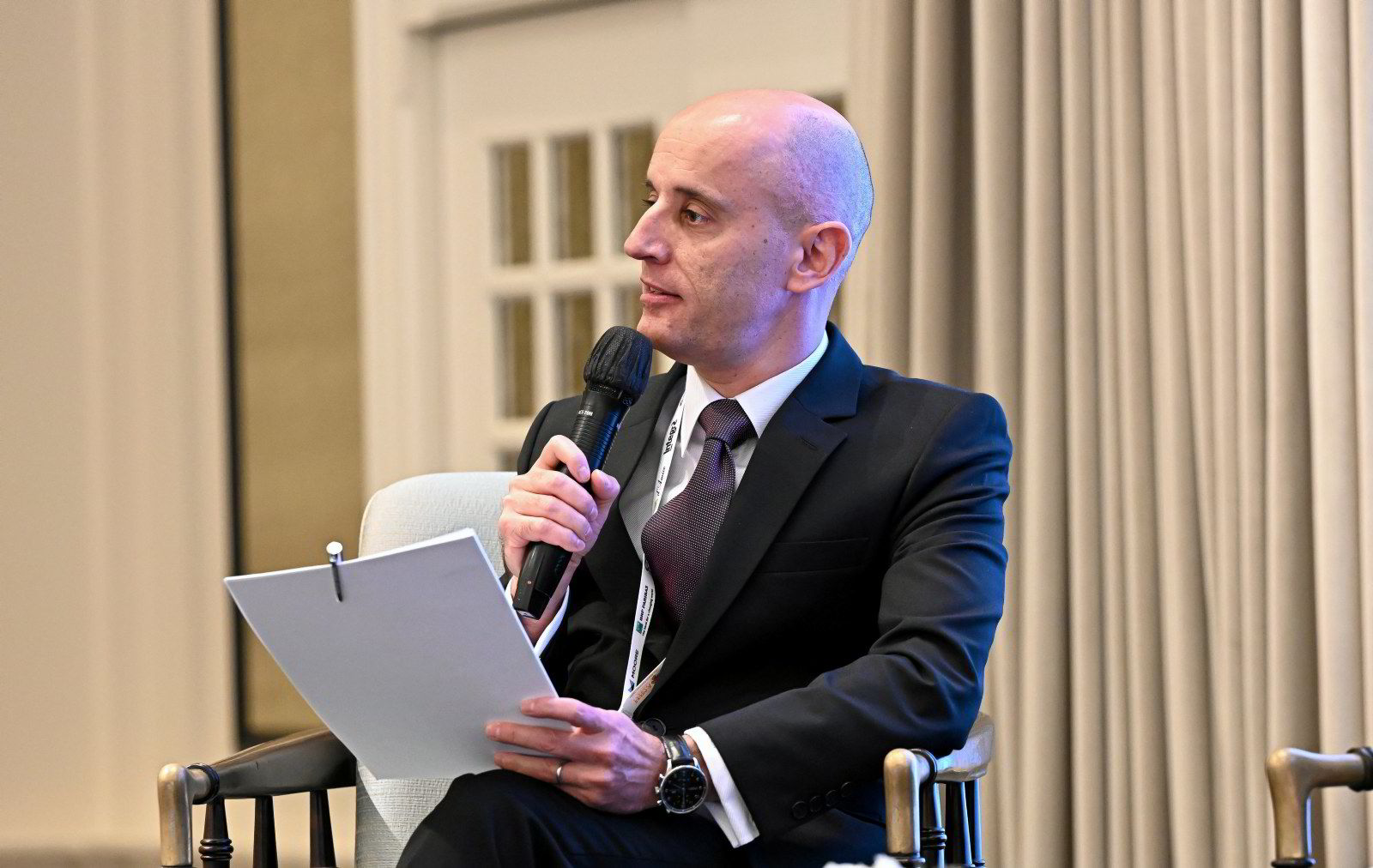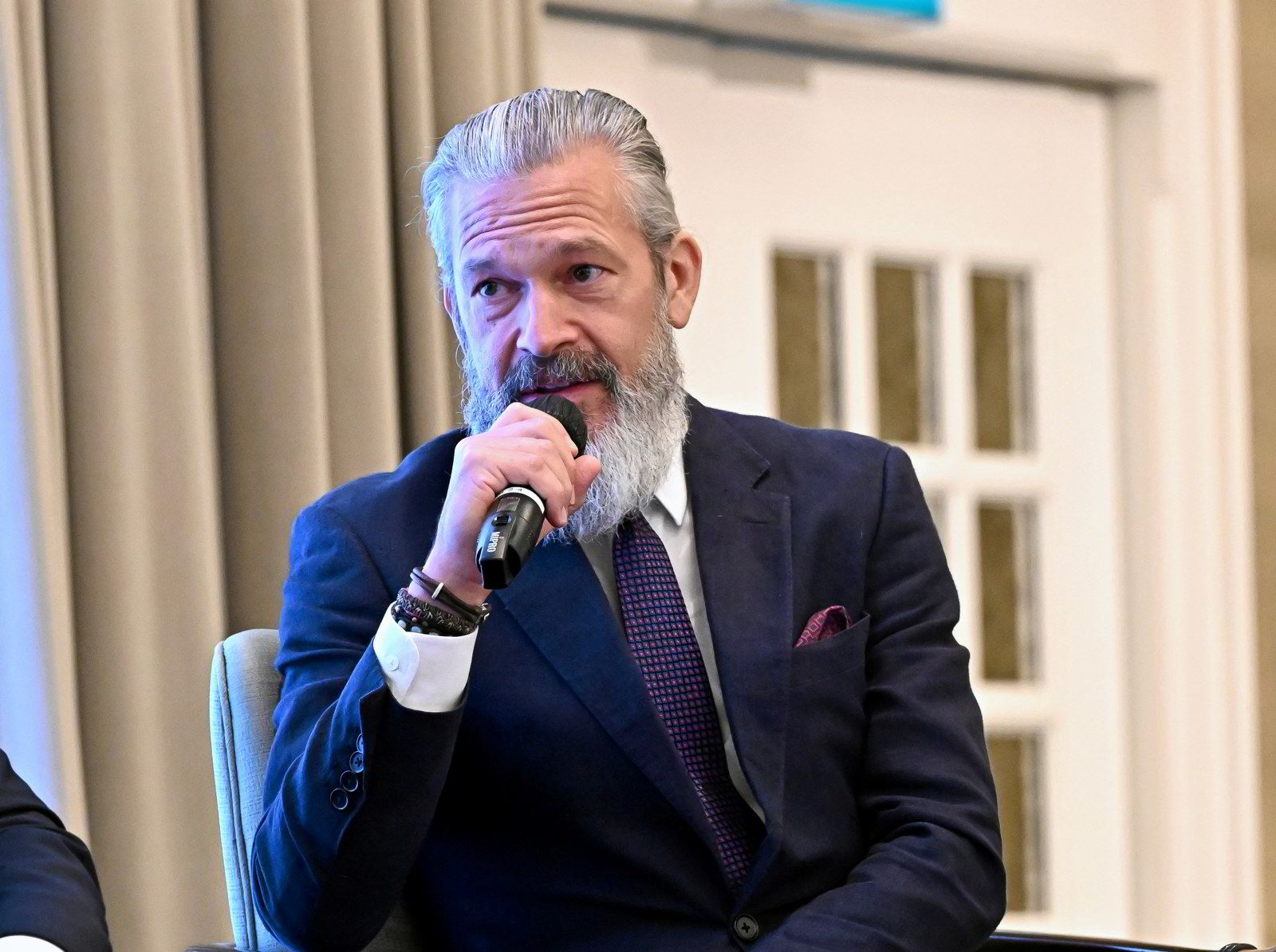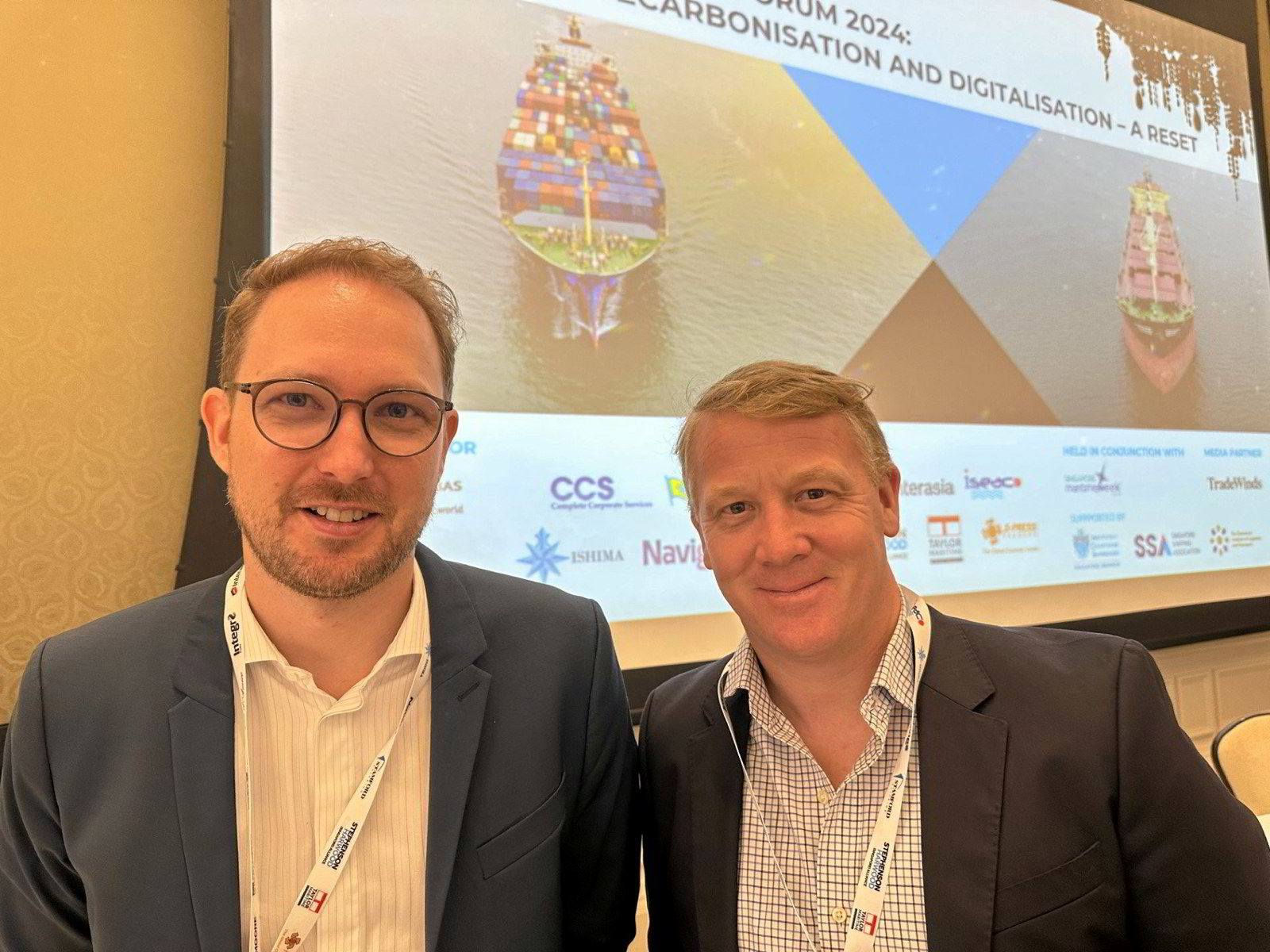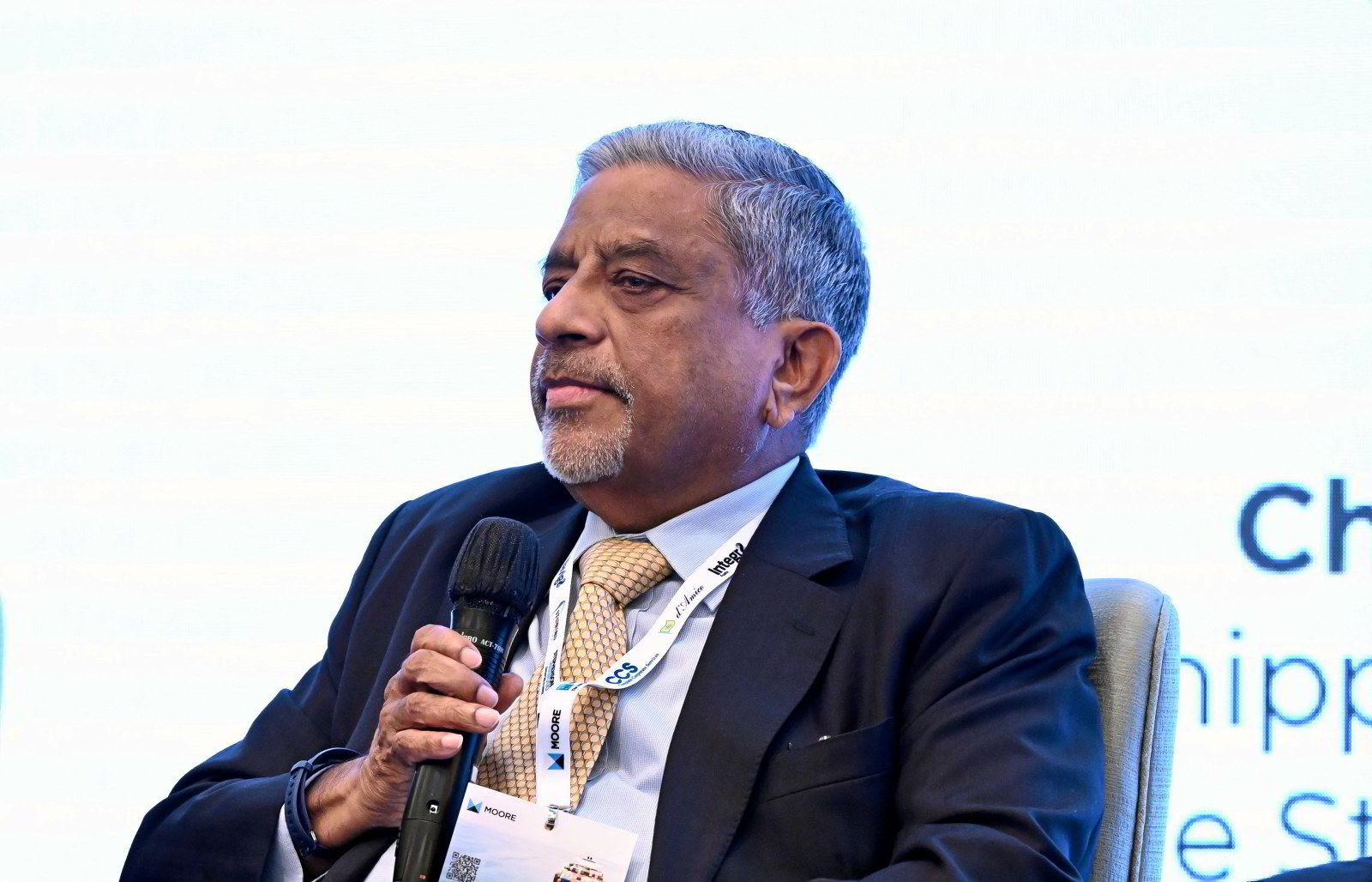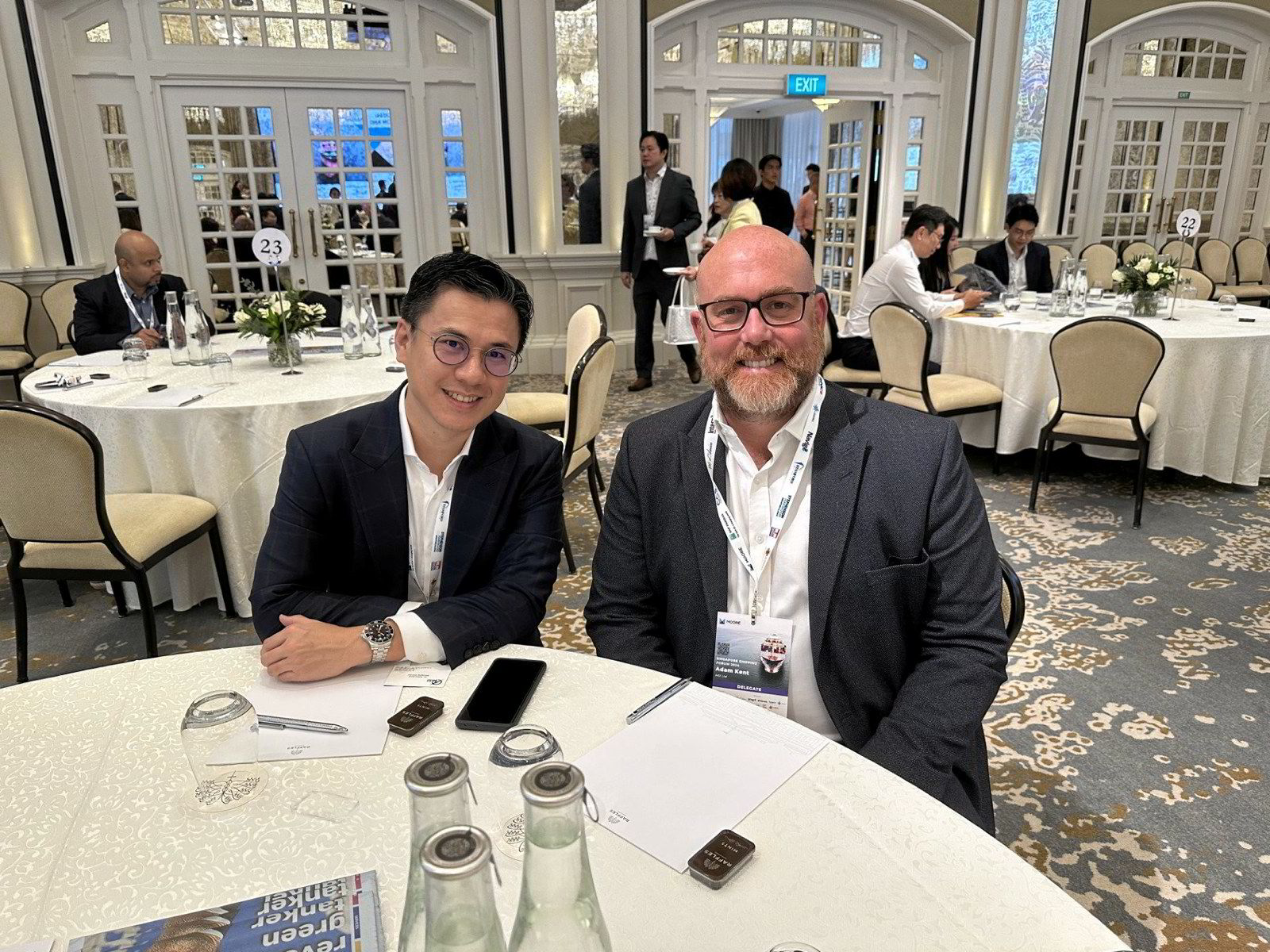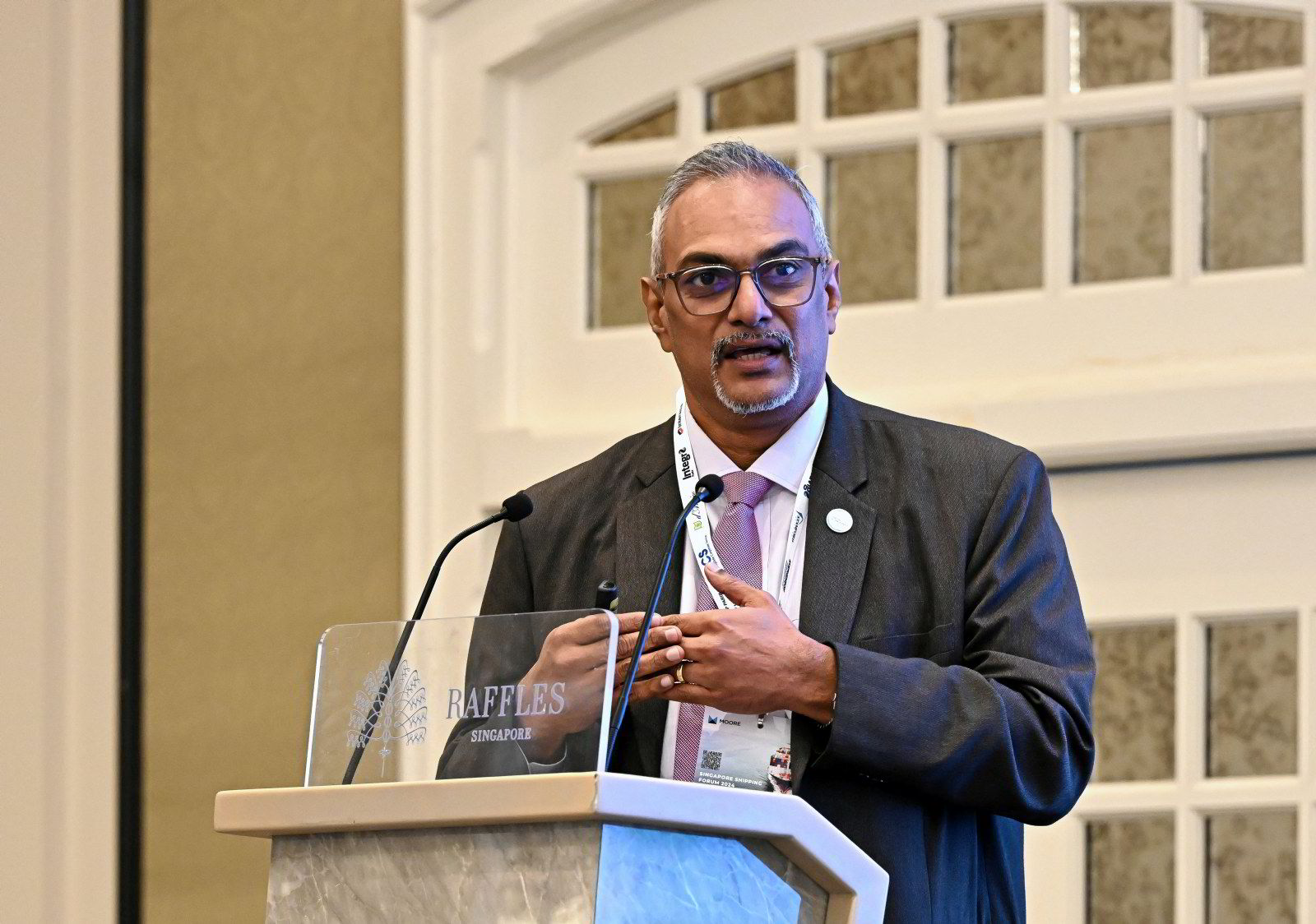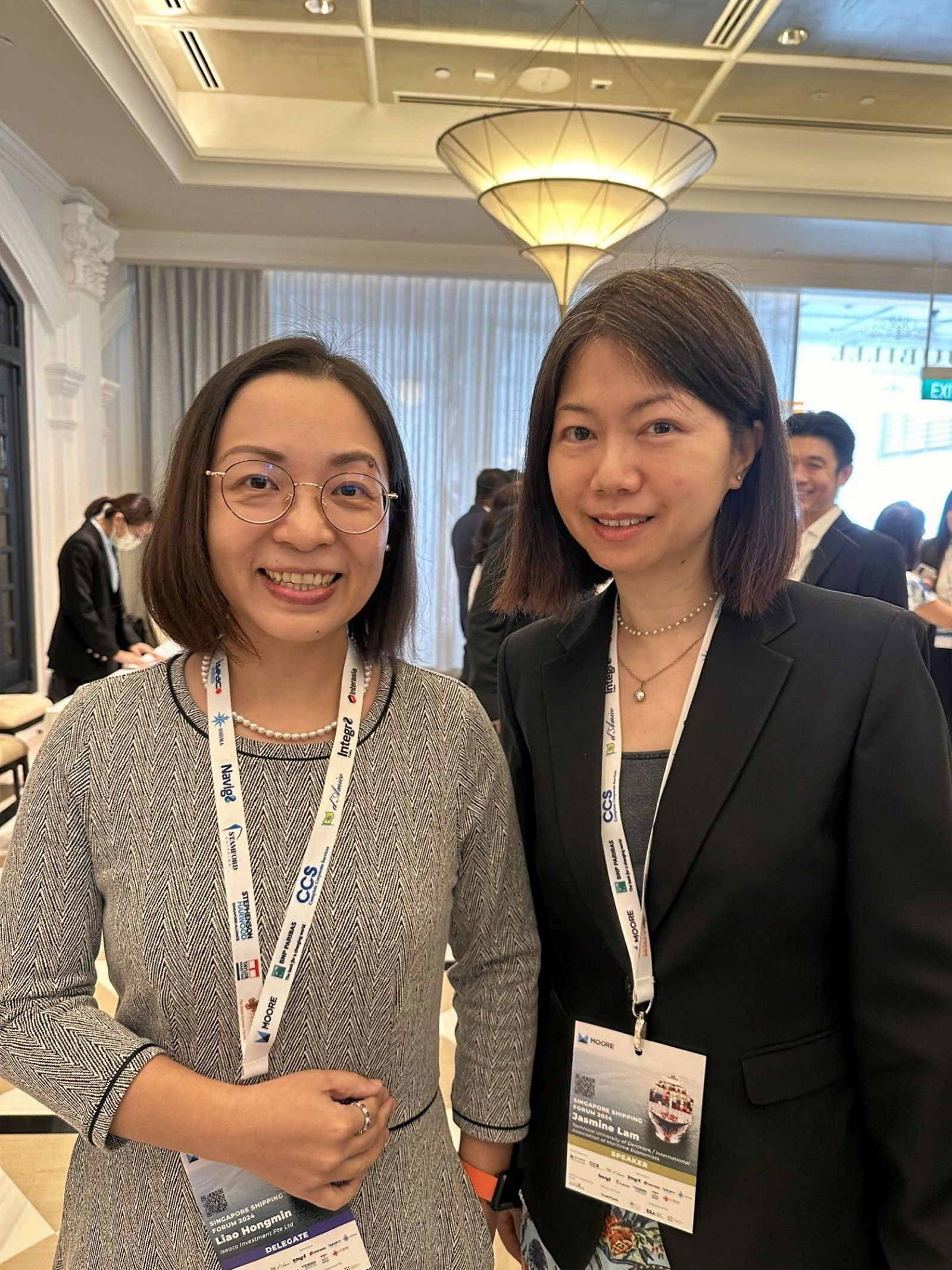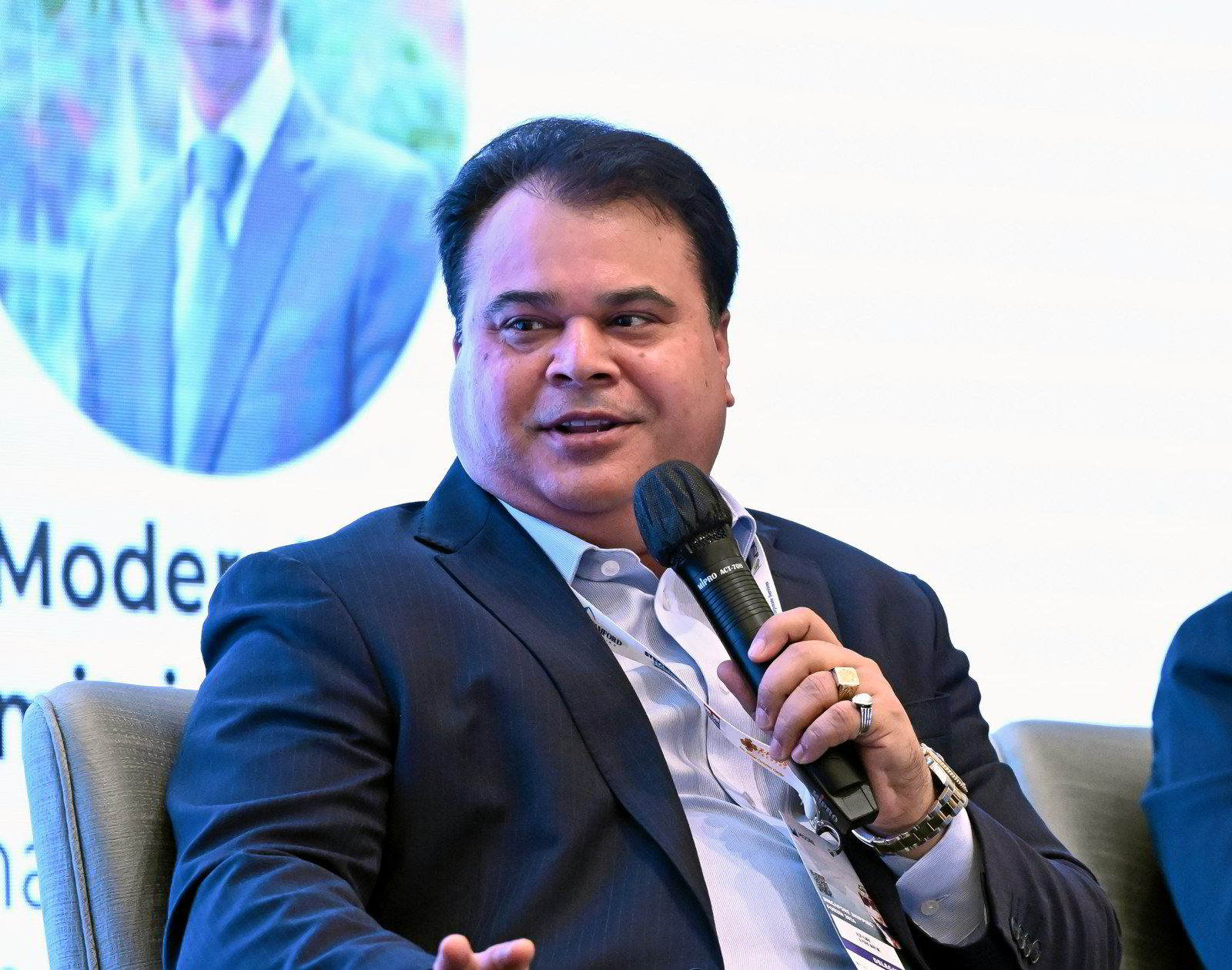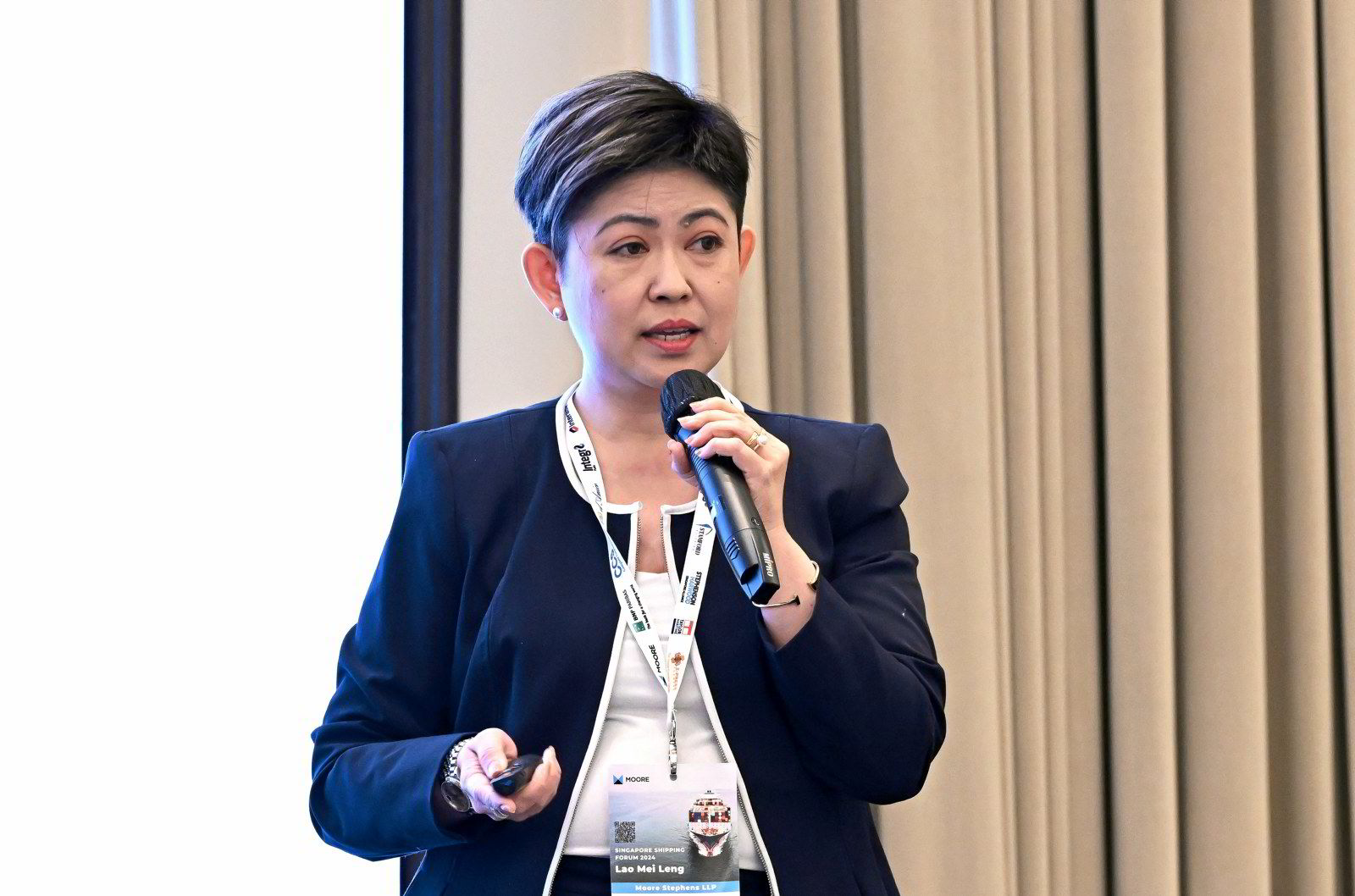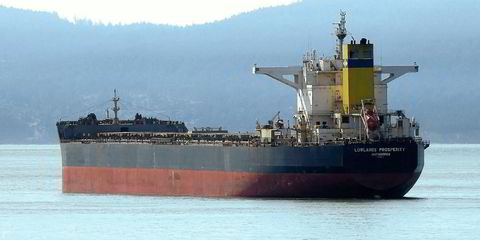Three significant transformative elements — disruption, decarbonisation and digitalisation — dominated discussions at the Moore Stephens-BNP Paribas Singapore Shipping Forum during Singapore Maritime Week.
The latest geopolitical tensions between Russia and Ukraine, Iran and Israel, and the Red Sea crisis, and their impact on shipping, were widely discussed across the panels at the day-long forum.
Shipping analyst Rahul Kapoor of S&P Global Commodity Insights said he expected trade disruptions would be temporary, not long term, and the industry would continue to see “isolated incidents” where Iran targets commercial shipping companies.
“Shipping is vulnerable, but in our base case we do not expect the Strait of Hormuz to be closed,” said Kapoor.
“We will see disruptions … we will see more parties get involved because it has a much bigger back-down on oil prices.”
Kapoor said with the US election this year, incumbent US President Joe Biden would not want high oil prices.
“High oil prices will also impact India, China, the major economies of the world. That’s where they get their oil from. The Middle East accounts for 40% of the global oil supply.”
Shipowners polled on the potential effects of current geopolitical crises on markets said the key factors for combating disruptions were to remain flexible and focus on vessel and crew safety.
“There is obviously a lot of geopolitical disruption, but it has always been and always will be there. We adapt and change with the times,” said Alex Hartnoll, X-Press Feeders’ director for South Asia.
“Shipping tends to benefit from world events,” added Stamford Shipping managing partner Mark Haines. “It doesn’t sound very nice to say it, but you’ve seen that this sort of disruption has given rise to charterers being interested in more security, more long-term tonnage.
Counterparties’ uncertainties
“Some of our discussions with our counterparties have switched more to long-term deals that I think are caused by their own uncertainties with the future world.”
Chris Johnson, Moore Stephens Singapore’s partner for shipping and transportation, noted that the shipping industry has experienced a lot of disruption for the past several years from which it has benefited, including the Covid-19 pandemic.
“The winners are going to be those who are flexible, and can adapt to that disruption,” he said.
Despite the ongoing global geopolitical tensions, almost all industry stakeholders at the forum still listed decarbonisation as their top priority.
Small to medium-size shipowners said there was still too much uncertainty over future fuel types to commit to building new ships, and that given the disproportionate amount of capital expenditure required, they were better off waiting for cash-rich first-mover shipping giants to take the gamble.
Foreguard Shipping managing director Alan Hatton said the best option for smaller owners for now was to prolong the life of their existing vessels through retrofitting, and investing in more modern secondhand tonnage.
“The only thing that we can do is keep some cash ready so that when the situation changes, we can adopt it,” added Captain Alok Kumar, chairman of Alphard Maritime Group.
Karrie Trauth, Shell senior vice president and head of shipping and maritime, stressed that maintaining energy security was also important while on the journey to decarbonising.
“It is critical that we do not dismantle the current energy system any faster than we could build the low and zero carbon network of the future,” said Trauth.
“Oil and gas will continue to play a crucial role in the energy security supply for decades to come, with demand reducing gradually over time.”
In mitigating disruptions and volatility in shipping, Professor Dr Jasmine Lam Siu Lee of Technical University of Denmark offered suggestions such as ship pooling, portfolio diversification, asset-light business models and bunker hedging as strategies to counter the turbulent periods faced by the industry.
